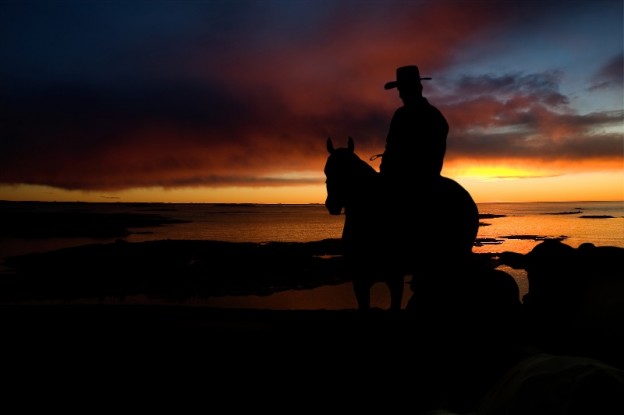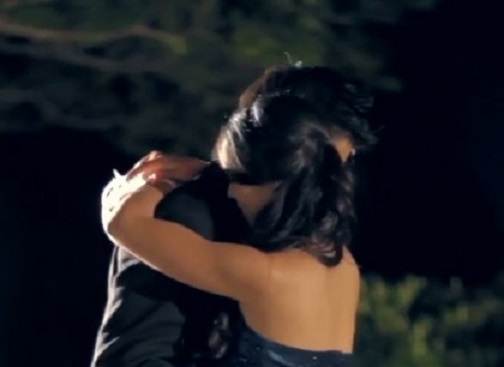I work as a locum tenens physician, or, as I call it, a “rent-a-doc.” I work for companies that supply temporary physician help to hospitals and clinics. I don’t have my own office practice or patients. I go where I’m needed and leave when the job is done.
I’ve done this exclusively for the past 16 years because I got tired of the people signing my paychecks lying to me.
Anyone still in traditional practice understands my feelings. For the most part, health care administrators are as inbred as St. Bernard dogs and just as crazy. The only thing that matters to them is the bottom line. Patients, physicians and staff are necessary evils they could just as well do without. I’m no different from the janitor and more than one has made that quite clear.
“You don’t like it, fine. Quit and I’ll hire three more just like you.”
Working this way comes with distinct advantages. The companies help me get and pay for state medical licenses. They provide transportation to the work site, hotel accommodations and, most important, liability insurance, which can run $150,000 a year.
I don’t get involved in hospital politics or pissing contests with other physicians. I do my job, get paid and go home. I earn about a quarter of what I could make in private practice, but I don’t have the stress and the headaches. If a job becomes untenable, I can give 30-days notice and say “adios, muchachos!”
I can work as much as I want depending on available jobs. Occasionally nothing will come up for a few months, but sometimes there are more jobs than I can do. (I’ve had to turn down jobs in Hawaii because of other commitments.) I’ve had the opportunity to visit places on someone else’s nickel, from Alaska to New Hampshire, from Michigan to New Mexico.
Most of my jobs have been covering solo physicians who want to get away, groups looking to replace physicians who have left or retired, or indigent clinics that are chronically overworked and understaffed. I filled in for an Army Reservist who went to Kuwait for three months of solo call. I subbed for a physician who needed surgery. One woman took off six weeks to have a baby. I worked at a clinic in New Mexico with eight midwives and two other physicians doing 140 deliveries a month.
Sometimes the situations are a bit more delicate. A hospital needed help after firing two physicians who’d gotten into a fist fight at a department meeting, sending one of them to the emergency room. The only two OB/GYN physicians in a remote area, each in solo practice, despised each other and wouldn’t cross cover. Another physician drew a one-week suspension for substance abuse. I’ve learned to not ask too many questions.
The only downside is being away from home and living out of a suitcase. Most of the time I stay in a hotel owned by one of many well-known chains. Occasionally, the accommodations are more upscale. And one hospital had the most luxurious call rooms I’ve ever seen: Sleep Number beds; Bose Sound Docks for iPods; desks with computers and All-Steel Acuity mesh-back chairs; mini-refrigerators; a wall-mounted LCD TV and private bathrooms with showers and motion-activated light switches. The work was grueling, but I could retreat to this relative paradise during lulls.
But some clients are cheap and I end up in a dive.
Two different hospitals put me up in mold-infested housing they owned. One client wanted me to stay at her place with her cat and asked me if that was a problem only after I’d arrived (I’m deathly allergic to the little beasts.) I shared a house with another physician, which worked out reasonably well until he decided to broil a steak at 2 am, setting off the smoke alarm.
I stayed in the last vacant room in a newly-built assisted living facility next to a hospital in south central Illinois. Not bad, but very cramped. I sent the residents a big box of old VHS movies for the enormous TV in their lounge, long before plasma and LCD TVs. I still have the thank you card they all signed.
Locum tenens isn’t for everyone. I’ve gotten used to going to work immediately with little or no orientation. Maybe that’s because no matter where I go, things are usually pretty similar. The names and faces change, but the routines, the challenges and the rewards remain the same.
Image: CBS



